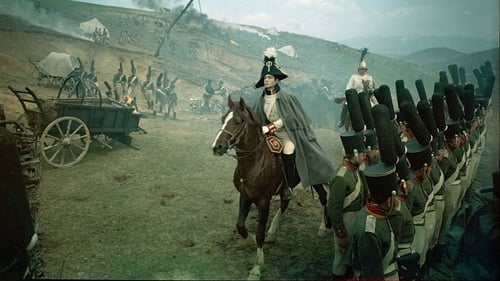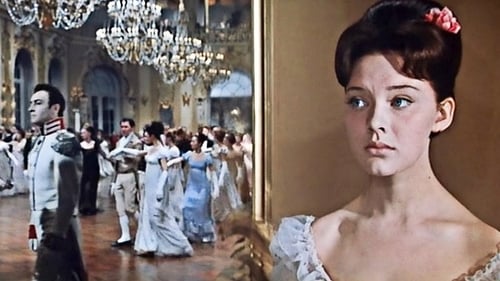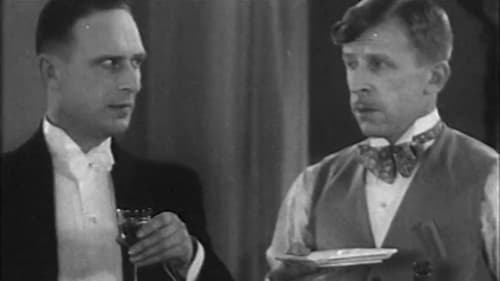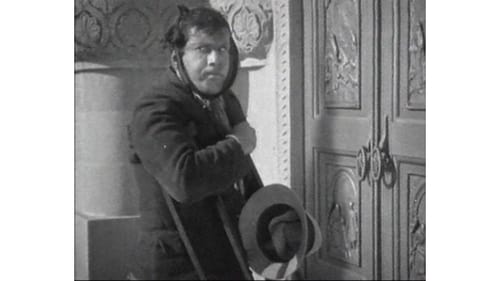Anatoli Ktorov
Birth : 1898-04-24, Moscow, Russian Empire [now Russia]
Death : 1980-09-30

King
A story about a first in the world woman ambassador.

Nikolai Andreyevich Bolkonsky
In 1812, Napoleon's Army invades Russia. Kutuzov asks Bolkonsky to join him as a staff officer, yet the prince requests a command in the field. Pierre sets out to watch the upcoming confrontation between the armies. During the Battle of Borodino, he volunteers to assist in an artillery battery. Bolkonsky's unit waits in the reserve, but he is hit by a shell. Both Anatol and Bolkosnky suffer severe wounds. The French Army is victorious and advances on Moscow.

Nikolai Andreyevich Bolkonsky
In the end of 1809, Natasha attends her first ball. Andrei falls in love with her and intends to marry her, but her father demands they wait. The prince travels abroad, and Natasha desperately longs for him. But she then meets Anatol Kuragin and forgets of Andrei. At the last minute, she regrets and abandons her plans to elope with Anatol. Bolkonsky hears of this and declares their betrothal is over. Pierre, trying to calm her down, suddenly announces he loves her.

Nikolai Andreyevich Bolkonsky
The first film of a four-part adaptation of Leo Tolstoy’s 1869 novel. In St. Petersburg of 1805, Pierre Bezukhov, the illegitimate son of a rich nobleman, is introduced to high society. His friend, Prince Andrei Bolkonsky, joins the Imperial Russian Army as aide-de-camp of General Mikhail Kutuzov in the War of the Third Coalition against Napoleon.

Nikolai Andreyevich Bolkonsky
A seven-hour epic adaptation of the novel by Leo Tolstoy. The love story of young Countess Natasha Rostova and Count Pierre Bezukhov is interwoven with the Great Patriotic War of 1812 against Napoleon's invading army.

Sergei Sergeyevich Paratov
Ogudolova, unlike her sisters, refuses to obey her mother's wish that she marry a wealthy old man in order to collect a dowry

Do - The Prince
The Soviet Union wants more influence in Europe and decides to get more power by giving the nation of Boufferia a new king, an easy to handle drunkard, because they don't have enough power over the current king.

Mikael Korkis
The priests, stock market officials, and police conspire to squeeze income out of pilgrims come to see relics of a Christ like figure. A pair of con men try to pass of a resurrected saint.

Каскарилья
History of theft and double crossing when two thieves fall out over the theft of the money of the proceeds of the sale of a house by a banker to a religious community.

Tram Passenger
With an international chess tournament in progress, a young man becomes completely obsessed with the game. His fiancée has no interest in it, and becomes frustrated and depressed by his neglect of her, but wherever she goes she finds that she cannot escape chess. On the brink of giving up, she meets the world champion, Capablanca himself, with interesting results.

Anatoli - Young Lady's Fiancee
A 1925 Soviet comedy sponsored by the Soviet Finance Ministry, with a plot promoting the new economy. A small-town tailor, Petya Petelkin (Ilyinsky), bought a lottery ticket and handed it to his landlord, widow Shirinkina (Deykun) who wants to marry him. Petya is a hard-working tailor trying to start his own business. He is also in love with Katya (Maretskaya), whom he wants to marry. He has to survive a cascade of funny situations in the unstable Soviet reality, before his romance with Katya comes to a happy ending.

The main protagonists of the film are Katya (Varvara Popova), the daughter of a factory worker and Andrey (Ivan Koval-Samborsky), the son of the former owner of the factory who illegally returns to the USSR to find treasures hidden by his father. The film title refers to the Communist party's appeal, after Lenin's death, to enlarge its membership.










